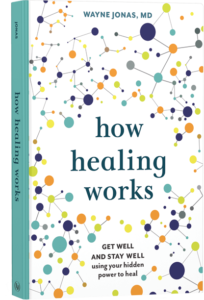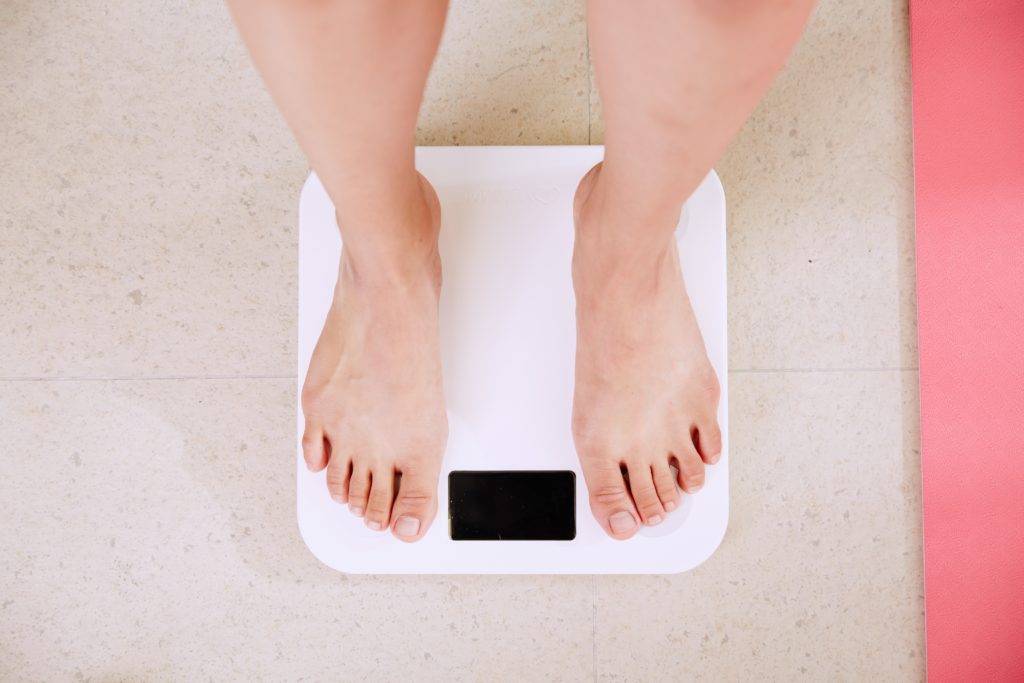Today, 1 in every 4 American adults has obesity. Yet, there are more health problems associated with obesity than just being over-weight. One way obesity can cause chronic pain is that the extra mass or amount of tissue on your body puts a heavier load on your bones and joints.
Just like an overloaded piece of equipment, your joints can start breaking down faster than normal. They might change shape or rub on each other in ways that cause pain. You might also stand, sit or walk differently.
If you have obesity, your body has many fat cells. These cells are active, releasing substances that cause a constant, low level of inflammation in your body. This contributes to chronic pain and high blood pressure.
Weight Loss Reduces Chronic Pain
Even separate from weight, what you eat can lower the inflammatory substances in your body or raise them. It can also help determine how much fat your body carries. So, what you eat and drink can reduce both the fat and fat cells and the inflammation from them. This means it can reduce the amount of pain you have. As a side benefit, eating foods that stop inflammation can also reduce obesity, so your body becomes healthier over time.
Learning your BMI can also help. Determining your BMI is important to see if you are at a healthy weight. The easiest way is to find a BMI calculator. You will need to know your height and weight.
Maintaining a Positive Perspective
Having obesity and chronic pain does not mean you are a bad person, any more than having diabetes or depression does. In the United States, we give a lot of attention to people who meet very specific standards of beauty. This usually includes being thin or skinny (underweight).
Because these people get so much attention, we tend to think of them as successful, beautiful or somehow better than the rest of us. But how they look or how much they weigh has nothing to do with their inner personal qualities or value. And it is important to know that being underweight also causes health problems.
If you have this condition, being “body positive” and loving your body is a good thing. However, this probably means taking steps to treat your obesity because of the serious health problems it causes. This is especially true if you have chronic pain.
Living a Healthy Lifestyle
Obesity and chronic pain can both make the other condition worse. For example, the more pain you have, the less you are likely to exercise or even move around very much. This may lead to weight gain. Carrying extra weight worsens the pain, and you become even less active.
You are also likely to get depressed from the pain and lack of activity or ability to do things. You might eat more, have less energy to shop and cook for yourself or eat fast food or junk food for comfort if you are depressed. This also makes obesity, pain and your overall health worse.
If you have chronic pain, treating obesity can lead to much less pain—without drugs, surgery or other procedures that can have side effects or do more damage. For example, if you start taking a short walk each day, your energy level will go up. With more energy, you can shop for fresh foods and prepare a healthy meal.
Exercising and eating fresh foods, with family or friends if possible, makes you feel less depressed—and you might start losing weight. This can decrease your chronic pain. You will also lower your risk of diabetes, heart attack, stroke, cancer, and many other serious health conditions. All these things work together to make you healthier and help you feel better and better.
To learn more about ways to treat obesity and chronic pain, check out the Guide to Nutrition for Chronic Pain.
 Your Health Into Your Own Hands
Your Health Into Your Own Hands
Drawing on 40 years of research and patient care, Dr. Wayne Jonas explains how 80 percent of healing occurs organically and how to activate the healing process.
